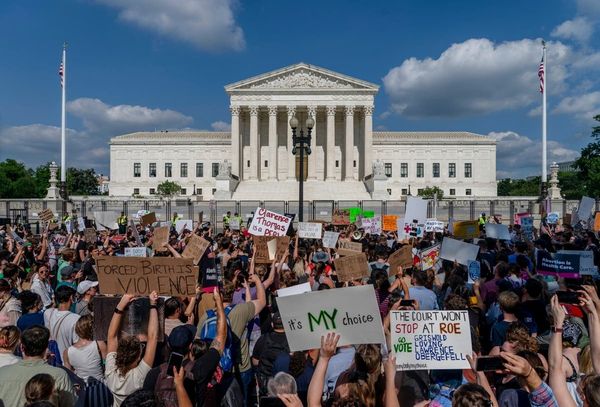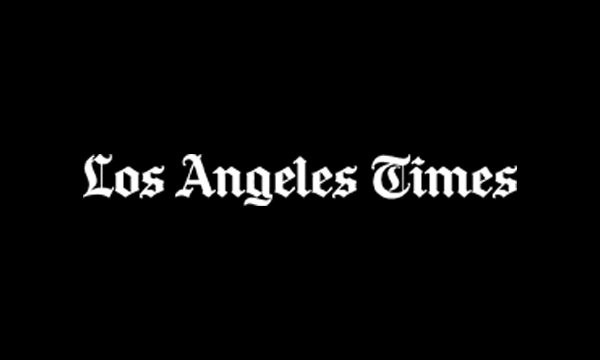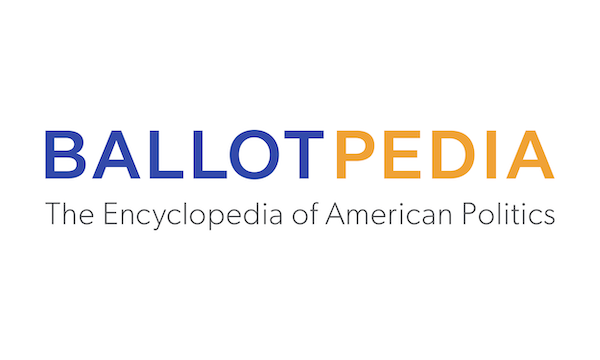Members of minority faith and belief communities had mixed reactions after the recent Supreme Court ruling that said the Constitution protected a high school football coach in Washington who prayed on the field after games.
Some worried the high court’s ruling isn’t necessarily inclusive of all backgrounds and others said it could lead to more inclusivity in the future.
“The law doesn’t have to be our only guide,” said Elana Stein Hain, director of faculty and senior fellow at the Shalom Hartman Institute. “I think a broad sense of responsibility has to guide the way that people are going to act on this or not act on it.”
Bremerton High School football coach Joseph Kennedy lost his job after the 2015 season when he continuously knelt and prayed on the football field despite objections from the school district. The Supreme Court’s backing of the football coach could have unforeseen long-term impacts on the public school arena, religious leaders said.
While legal experts said the ruling could open the door for more religion in public schools — but warned teachers and coaches from interpreting freedom of speech and religion too broadly — people with faiths and beliefs that may face less tolerance in the public school domain agreed the door could be open with the right intentions.
But the ruling could also further complicate the matter for them.
Stein Hain said the debate between some groups within American Judaism is whether religious liberty in public spaces is better for the Jewish community as a minority because it gives them the right to exercise their faith freely, or worse because allowing religion in public spaces when there is clearly a majority further alienates minorities and puts pressure on children of minority faiths or beliefs. Both, she says, feel “legitimate.”
“That’s the big question,” Stein Hain said. “If you’re a religious minority, is it better to have a public space that is denuded of religion altogether, or is it better to have a public space that allows for religious liberty where you can compete in a marketplace too? Realistically, you’re not going to be the strongest voice, but maybe it’ll help you down the road for when you want to do something publicly in a religious way.”
She said it is a “conundrum,” but that she is “sensitive” to the importance for people of the Jewish faith to be able to practice their religion in public and thinks maybe it would be easier if there was a concerted effort to make the space “a little bit more neutral.”
“I wouldn’t be shocked if in some places, the way this ends up is to start having this prayer and that prayer, and this prayer and that prayer, or — this is a great one I saw — just have a moment of silence and make it ambiguous,” she said. “Nobody has to own the space, but just a moment of silence and everybody can fill it how they want.”
Jorie Jelinek is a former restaurant manager who turned to the nonprofit sector to work for the Chicago-based Academy of Urban School Leadership. She said she believes in freedom of speech and expression and thinks people should be able to practice what they believe in without pushing that on others, but said she was also “disappointed because there’s no reason a teacher or coach can’t pray in their office or on the sidelines quietly to themselves.”
“There are so many places in which it won’t be noticed as a public display,” said Jelinek, who is also a founding member and secretary of Chicago Humanists. “I also feel that if this was a different religion, if he was laying a carpet out and pointing himself toward Mecca, let’s say, I don’t know that people would have taken it as kindly.”
Chicago Humanists is a chapter of the American Humanist Association, an organization for people who may identify as agnostic, a free thinker, atheist, or nontheist and who looks at science, logic and reason as the primary source for decision-making, Jelinek said.
She said it might be easier if religion were kept separate from schools. Public schools should be a place for everyone where education is promoted, she said, and sports are played on a field where students learn how to score and how to win either on their own or as a team, and “none of that has to do with religion.”
“He could have just as easily done a team huddle and had everybody put their hands in together and say, ‘Hey, we’re in this together, let’s have a great game,’ ” she said. “There are so many alternatives that he could have done to bring people together and bring good team spirit and positivity to that group and on the side, if he wanted to take a personal moment for his own faith, that’s fine.”
For Abdullah Antepli, a professor of religion and public policy at Duke University, there are three schools of thought: There are those who want Christian prayer in school and nothing else, something Antepli called out as “hypocrisy,” people who want to ban any sort of religious expression in schools altogether, with which he disagrees, and a third option, which he said has worked all his life.
Give space and accommodation in the public school system for religious identities and commitments as long as they are not imposed on others, he said.
“Can a Muslim or a Hindu or a Jewish coach, without imposing on anyone, can he or she or they take their religion in their own individual piety and practice in public domain?” said Antepli, who is also a senior fellow on Jewish-Muslim relations and co-director of the Muslim Leadership Initiative at the Shalom Hartman Institute. “I think as a Muslim myself, that issue should be discussed a little bit more thoughtfully.”
He said he sees how the ruling could be problematic “not because of the content, but because of its politics,” as a result of the “very obvious, very unsettled Christian supremacy behind this decision” but hopes the same liberties given to Kennedy’s prayers at the 50-yard-line would also be given to anyone else in the same spirit.
He is optimistic that the decision by the high court will lead to the “renegotiating, rearranging, realigning of American secularism,” something he believes is necessary to determine what the rights laid out in the United States’ foundational bones mean today. The Founding Fathers, Antepli said, were not particularly very religious people, and they understood the shortcomings of French and British secularism and tried to “design a system that is trying to protect religion from the government, not the other way around.”
“So therefore they (the Founding Fathers) gave these religious liberties religious freedom,” he said. “And back then, it was only Christianity and Christian communities. So the same generosity and decency, it should be renegotiated and reinterpreted within the changing religious and spiritual landscape of America.”










